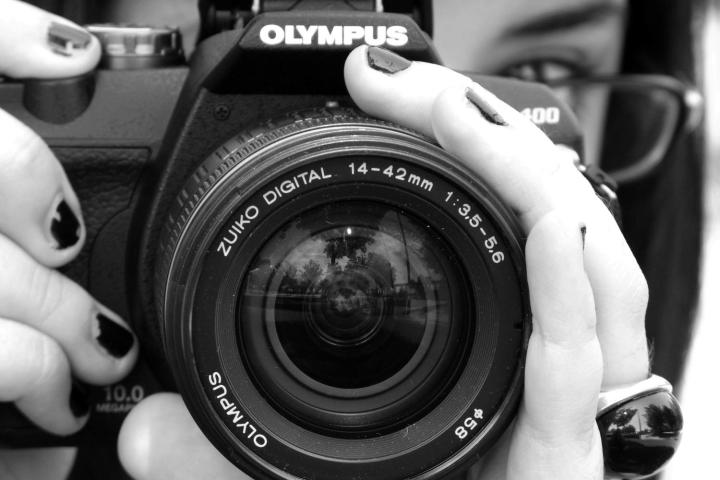
Last year, we wrote about a study that found activities like photography could help us improve our memory over time. According to the Times, photography could also serve as “a kind of reward system in the brain,” due to the effort required and then seeing the picture, says Dr. Kelly Lambert, a behavioral neuroscientist at Randolph-Macon College in Ashland, Va., and author of Lifting Depression. Citing lab research, Dr. Lambert says there are brain and stress hormone changes when you have to work toward something.
Harvard psychology professor Ellen J. Langer told the Times, “When people are depressed, they tend to retreat from the real world. Noticing things in the camera puts you in the present moment, makes you sensitive to context and perspective, and that’s the essence of engagement. I have years of research telling us how good that is for health and well-being.”
The Times highlights the Broken Light Collective, a website that helps photographers struggling mental illness by giving them a supportive community and an online gallery to showcase their work. It was founded Danielle Hark, a freelance photo editor who suffered from depression but found relief after she started taking photos. “It just took a couple of minutes for me to become more present, breathing more normally. It was a really important moment,” Hark tells the Times.
Mental illness is a serious condition that affects many, and while photography is not a cure, it could provide some form of therapy, according to these experts. But even for those of us who don’t struggle with a mental disorder, for the times you feel a bit down, try picking up the camera and go shooting for a while.
(Via The New York Times)


